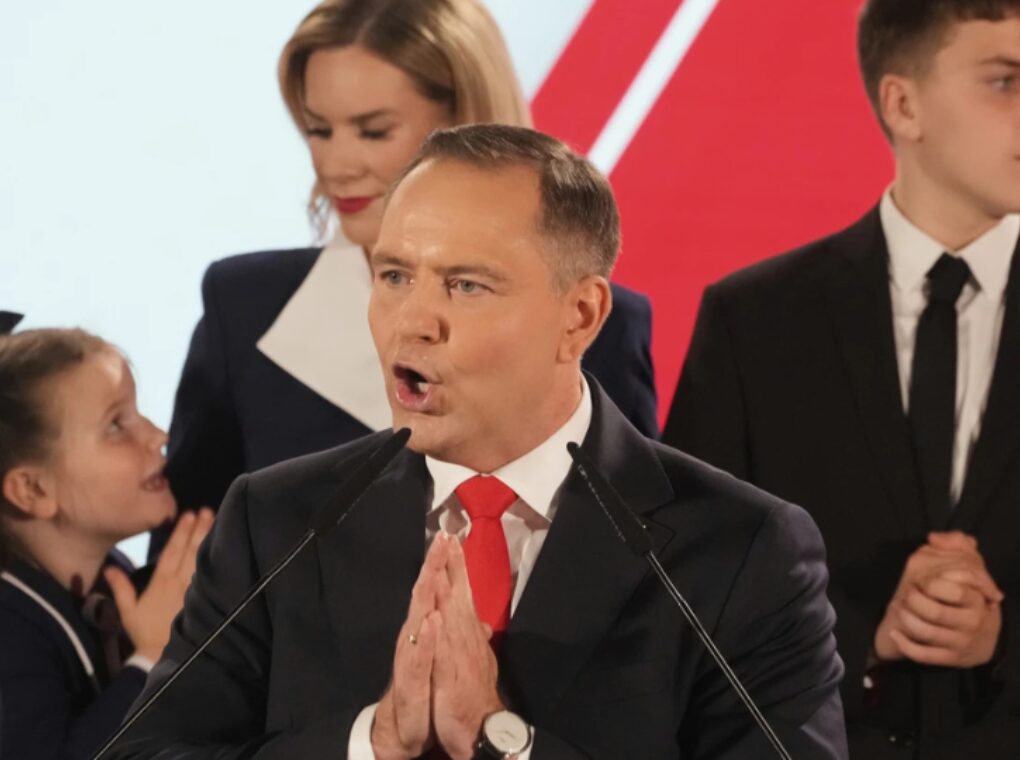In a series of bold statements underscoring Poland’s proactive stance amid escalating tensions in Eastern Europe, Polish officials have called for enhanced NATO involvement in the ongoing conflict in Ukraine while expressing expectations of closer nuclear cooperation with key allies.
Call for NATO-Backed No-Fly Zone Over Ukraine
Polish Foreign Minister Radosław Sikorski has urged the establishment of a NATO-backed no-fly zone over Ukraine to shield the country from Russian drone attacks. In recent remarks, Sikorski emphasized that such a measure would not only protect Ukraine but also safeguard the rest of Europe from the war’s potential spread. “Shielding Ukraine from Russian drone attacks would protect the rest of Europe, too, amid concerns over the war’s spread,” Sikorski stated, highlighting the interconnected security threats facing the continent.
This call comes as Russian aerial assaults on Ukrainian infrastructure continue unabated, raising alarms about the conflict’s spillover effects into NATO territory. Sikorski’s proposal represents a significant escalation in Poland’s advocacy for direct NATO intervention, reflecting Warsaw’s position on the frontline of the alliance’s eastern flank. Analysts suggest that implementing a no-fly zone could deter further aggression but risks broadening the conflict, potentially drawing NATO into confrontation with Russia.
Expectations of Nuclear Access Through France
In a parallel development, Polish President Karol Nawrocki has indicated that Poland anticipates gaining access to NATO allies’ nuclear weapons through France. Speaking in an exclusive interview with French broadcaster LCI, Nawrocki outlined Poland’s strategic vision for bolstering its defense capabilities in light of regional instability. “Poland expects to gain access to NATO allies’ nuclear weapons through France,” Nawrocki affirmed, signaling a deepening of bilateral ties with Paris as a pathway to enhanced deterrence.
This revelation points to Poland’s efforts to integrate more fully into NATO’s nuclear sharing framework, traditionally dominated by the United States and the United Kingdom. France, as an independent nuclear power within the alliance, could play a pivotal role in extending its umbrella to Eastern European members. Nawrocki’s comments come amid broader discussions on European strategic autonomy and the need for collective defense mechanisms in the face of Russian threats.
Experts view this as a pragmatic move by Poland to diversify its security guarantees beyond conventional U.S.-led initiatives. However, it also raises questions about the feasibility and political implications of such arrangements, including potential reactions from Moscow and other NATO members.
Broader Implications for European Security
These pronouncements from Polish leadership underscore a shifting dynamic in European geopolitics. With the war in Ukraine entering its fourth year, Poland’s advocacy for a no-fly zone and nuclear access reflects a sense of urgency to prevent further erosion of regional stability. As a key NATO member bordering Ukraine and Belarus, Poland has been at the forefront of supporting Kyiv, hosting millions of refugees, and providing substantial military aid.
The proposals could galvanize discussions at upcoming NATO summits, but they also highlight divisions within the alliance. While Eastern European nations push for robust action, Western members remain cautious about escalation. As Sikorski and Nawrocki articulate Poland’s vision, the international community watches closely to see if these calls translate into concrete policy shifts.
For now, these statements serve as a clarion call for unity and preparedness, emphasizing that the security of Ukraine is intrinsically linked to that of the entire Euro-Atlantic area.
